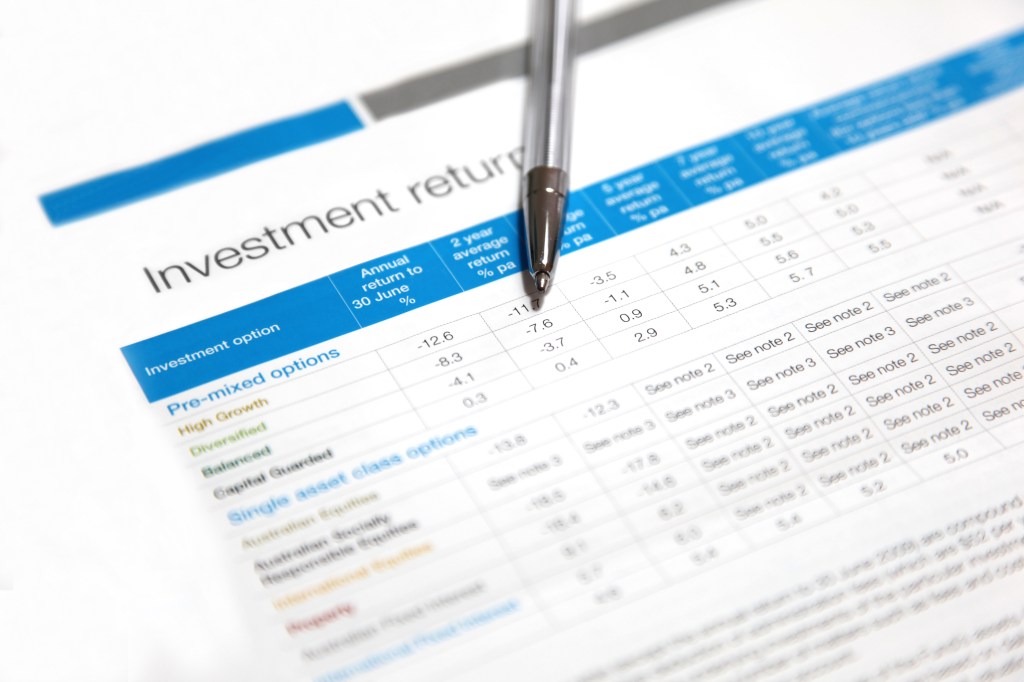Image: An investment returns statement with ball point pen. Note shallow depth of field, focus on ball point pen.

As things stand, employees who receive less than $450 per month from their employer are not entitled to the 9.5 per cent superannuation guarantee paid by their employer.
A Federal Senate inquiry, which is having its third hearing in Melbourne, has been told that this restriction disadvantages many lower paid workers and prevents them from participating in this national savings plan.
There have been many submissions along these lines, some of which have made some telling points:
- The $450 threshold particularly affects low paid casual workers in retail, hospitality and nursing.
- Women are the most adversely affected.
- It especially disadvantages workers who hold down a number of part time or casual jobs.
- It encourages rorting of the system where manipulation of rosters and excessive casualisation of the workforce can reduce the employer’s superannuation liabilities.
- Because super is paid quarterly it is very easy for small payments to become lost, with recovery of non-payments difficult.
The inquiry has been told that with the increased casualisation of the workforce the $450 per month threshold will continue to hit the low paid the hardest, denying them any chance to build up their super.

